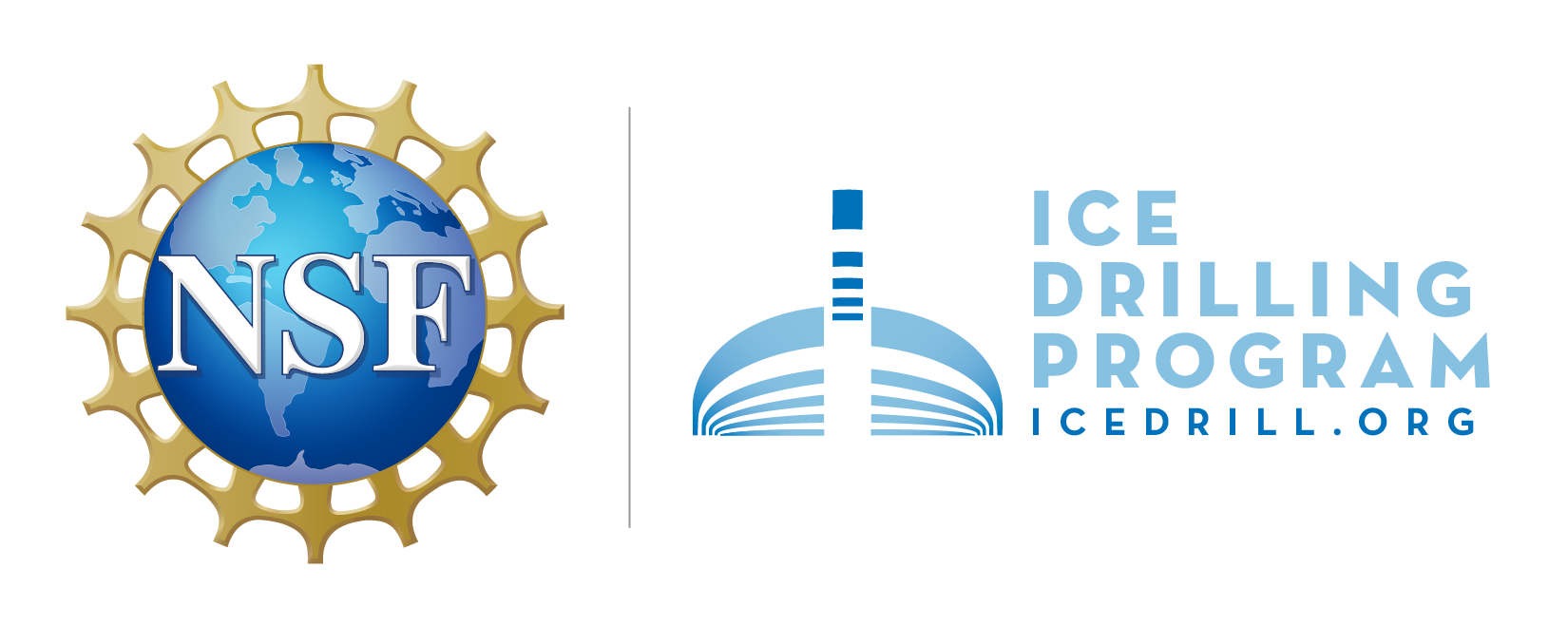Novel wireless sensors for in situ measurement of sub-ice hydrologic systems
| Title | Novel wireless sensors for in situ measurement of sub-ice hydrologic systems |
|---|---|
| Publication Type |
Journal Article
|
| Year |
2014
|
| Author(s) | Bagshaw EA , Lishman B, Wadham JL, Bowden JA, Burrow SG, Clarke LR, Chandler D |
| Journal/ Publication |
Annals of Glaciology
|
| Volume |
55
|
| Issue |
65
|
| Pagination |
41-50
|
| Abstract |
Wireless sensors have the potential to provide significant insight into in situ physical and biogeochemical processes in sub-ice hydrologic systems. However, the nature of the glacial environment means that sensor deployment and data return is challenging. We describe two bespoke sensor platforms, electronic tracers or ‘ETracers’, and ‘cryoegg’, for untethered, wireless data collection from glacial hydrologic systems, including subglacial channels. Both employ radio frequencies for data transmission, are designed to endure harsh environmental conditions and can withstand low temperatures, high pressure, turbulence and abrasion. We discuss the design, optimization and field testing of the ETracers and cryoegg, culminating in test deployments beneath the Greenland ice sheet. The small, low-cost ETracers were able to travel through subglacial drainage channels, from where they returned water pressure measurements through 100 m of ice, and could measure water depth in crevasses. The larger cryoegg was able to return multi-parameter data from moulins through 500 m of wet ice to receivers up to 2 km away, and from 12 m depth in a proglacial lake to a receiver on the shore. The tests demonstrate that the cryoegg and ETracers are low-power, versatile, robust wireless sensor platforms suitable for glacial environments, which may be used with portable, low-cost receiving equipment. |
| DOI |
10.3189/2014AoG65A007
|
| File | |
| URL | |
| Categories | Subglacial Access |
| Citation | Bagshaw EA , Lishman B, Wadham JL, Bowden JA, Burrow SG, Clarke LR, Chandler D ( 2014 ) Novel wireless sensors for in situ measurement of sub-ice hydrologic systems. Annals of Glaciology , 55 , 65 , 41-50 . doi: 10.3189/2014AoG65A007 |
| Lead Author |
